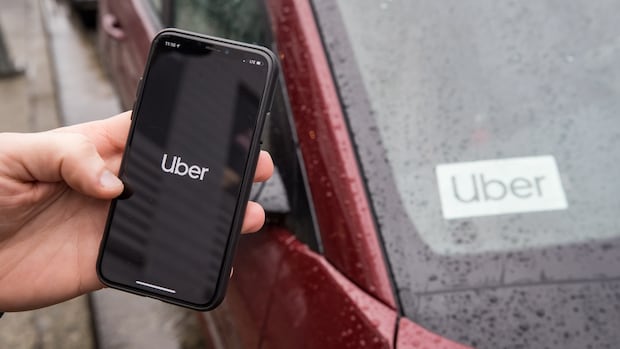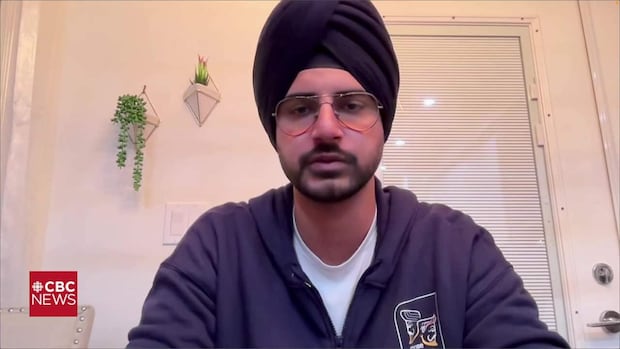Delivery and rideshare workers and advocates are urging the B.C. government to review its distracted driving laws following a B.C. Supreme Court ruling that determined accepting a delivery order on a phone while driving is illegal.
The case involved Vancouver-based Uber Eats driver Vasu Subhashbhai Virda, who was ticketed on July 31, 2024, for tapping his phone to accept a delivery order while driving.
Virda testified that he had tapped the screen once to accept a delivery offer through the Uber Eats app, which he said he had to respond to within five seconds.
Initially, a judge acquitted Virda in September, citing the Motor Vehicle Act’s allowance for a single touch on a properly mounted electronic device. However, the Crown successfully appealed the decision.
A recent B.C. Supreme Court decision saw an Uber Eats driver fined nearly $300 after he tapped his mounted phone to accept an order on the app. Gig worker advocates and lawyers say current laws could unnecessarily punish vulnerable people trying to get by.
Last month, Justice Wendy A. Baker ruled that the law only permits a single tap on a device to answer phone calls and not for other functions like using apps. Virda was levied a $295 fine, reduced from the standard $368 and was given six months to pay it.
In her written ruling, Baker noted Virda’s credibility, acknowledging he was “operating as safely as he could within the parameters of his job,” but stressed the need to uphold the law as written.
Gig workers’ catch-22 situation
Kuljeet Singh, who has been driving with Uber for the last five years, says he has been on the receiving end of multiple distracted driving tickets.
He says the ruling puts drivers in a difficult position, especially as the job relies heavily on phone-based apps.
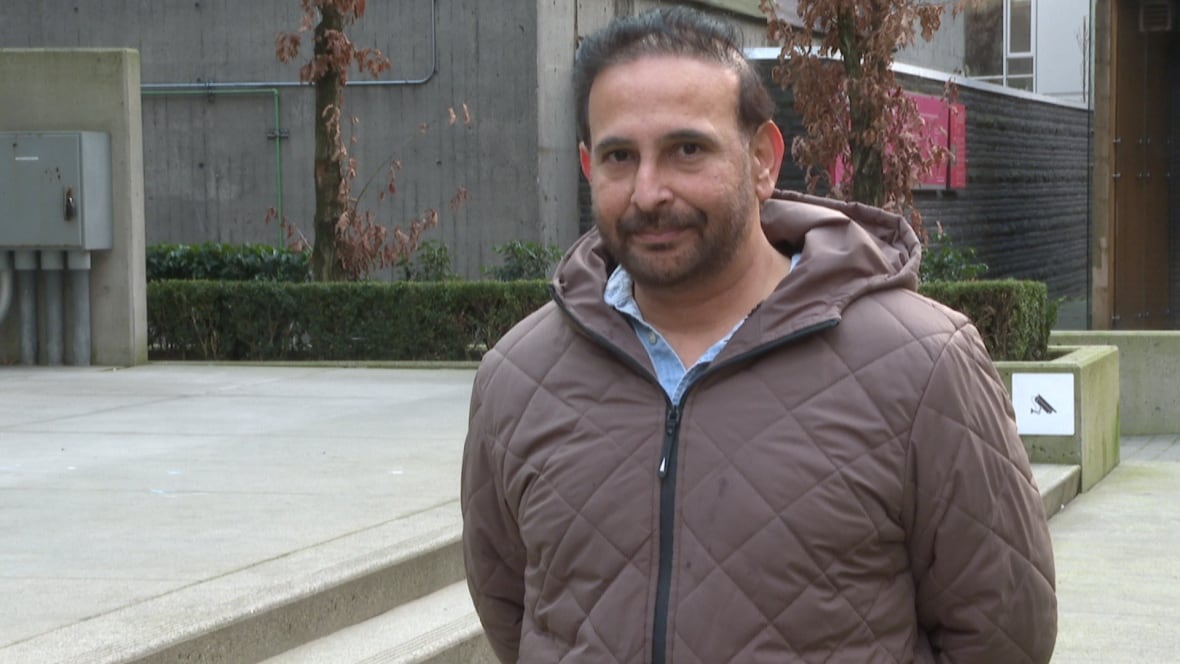
“We are losing money if we don’t accept it and if we accept it, then we get tickets,” Singh said.
Distracted driving tickets in B.C. come with a $368 fine and four penalty points, according to ICBC.
Such penalty points are like black marks on a person’s driving record, says Singh, explaining that accumulating too many can deter employers from offering jobs.
“Put some more regulations in place so we don’t have to suffer [and face] these problems every day,” he urged.
Calls for legislative updates
Vancouver-based criminal lawyer Kyla Lee says the legislation was not written with the gig economy in mind.
“It has been around for 15 years now with absolutely no changes to bring it up to speed with the current ways that we use technology,” she said. “[It] doesn’t make a lot of sense because it’s no more dangerous to touch your phone to answer a call than it is to touch your phone and [accept an order].”
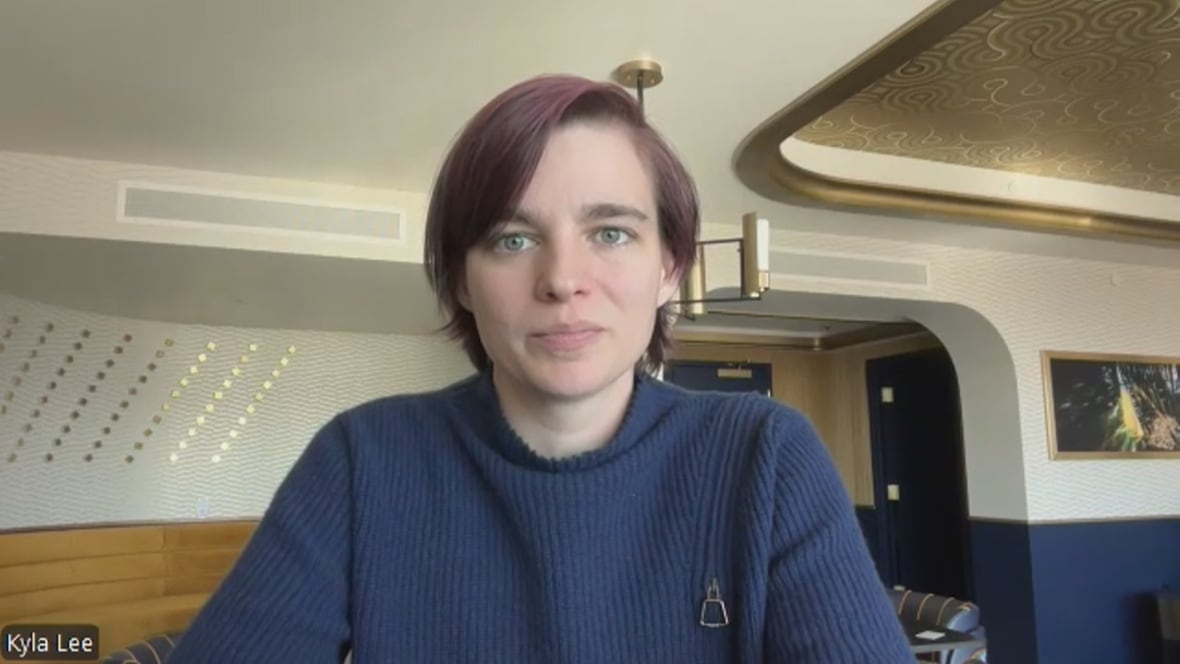
The B.C. Ministry of Public Safety and Solicitor General acknowledged this gap, stating that when the legislation was last updated, the widespread use of apps for commercial purposes was not anticipated.
“We continue to monitor advances in technology, innovative practices, and court decisions related to distracted driving to determine if there are opportunities to update or clarify the current legislation,” the ministry said in a statement.
The ministry emphasized that distracted driving is a factor in more than 25 per cent of fatal crashes in the province, adding that strict enforcement is essential to “curbing the dangerous behaviour.”
Advocates call for accountability
According to Singh, companies like Uber need to bear some responsibility.
“They should have to provide gadgets or something that makes it easier to accept, and safer [so] we don’t have to pay for any tickets,” he said.
Lee says ride-hailing companies should advocate for drivers and push for legislative changes.
“When it’s just the little guy, people screaming into the void, no change is going to happen because the government doesn’t feel motivated.”
Rideshare and delivery driver Inder Raj Gill tells Gloria Macarenko about the growing number of people getting into gig work, increasing competition and pressure among drivers. Gill, along with other gig workers, are calling on the province to consider putting a cap on the number of people working as app-based gig workers.
Uber told CBC News that its community guidelines require app users to follow the law.
“Uber’s app can be used in one-touch handsfree mode, via Apple CarPlay or via Android Auto.”
The company added that it can’t comment on the litigation, but said the events at issue occurred before B.C.’s new gig-worker laws came into force.
Last year, the province introduced new employment standards for the approximately 46,000 ride-hailing and delivery workers in B.C., including a minimum wage of $20.88, workers’ compensation coverage and measures for pay transparency.
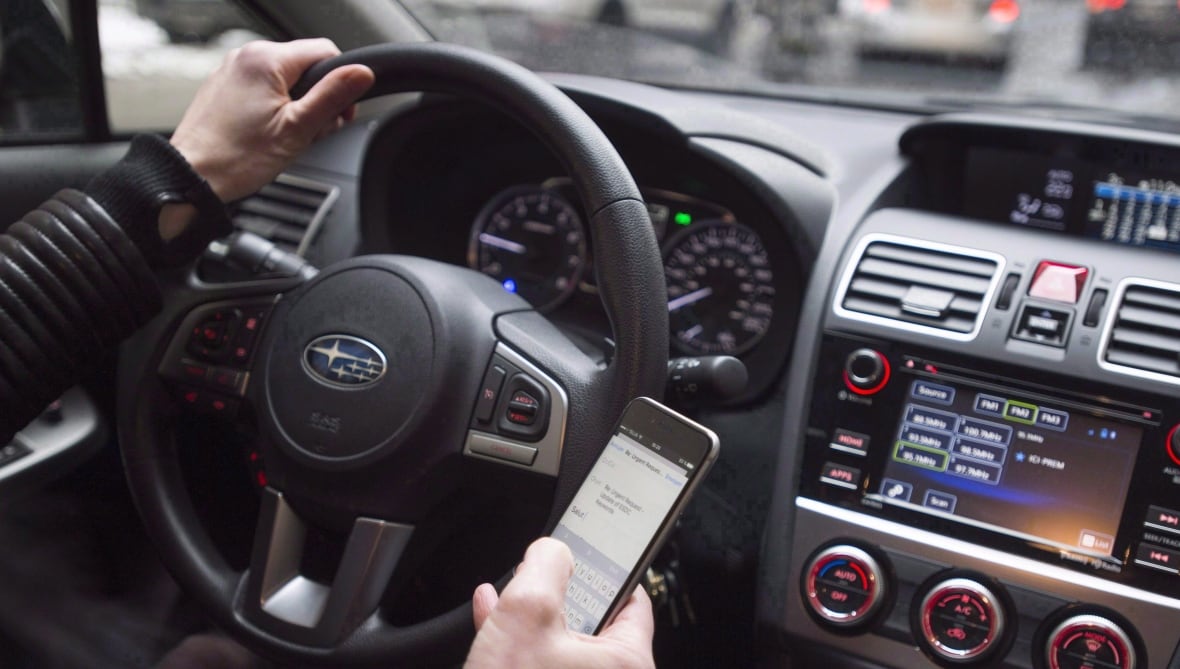
By its interpretation, Uber said the new gig-worker laws recognize drivers’ use of apps for receiving and accepting orders while driving.
“[It] requires specific information to be provided in the offer. We assume B.C.’s traffic laws will be interpreted consistent with these new regulations.”
However, Lee said nothing in the new bill addresses that.
“All it does is address people who accept work through an online platform. You would still have to use the online platform in a manner that is in accordance with British Columbia’s other laws.”


